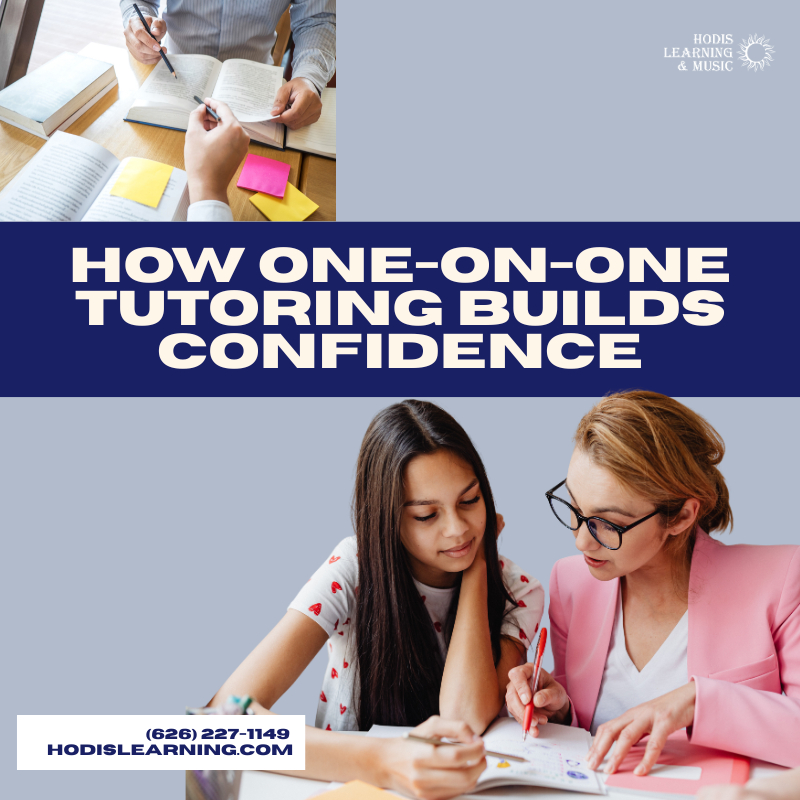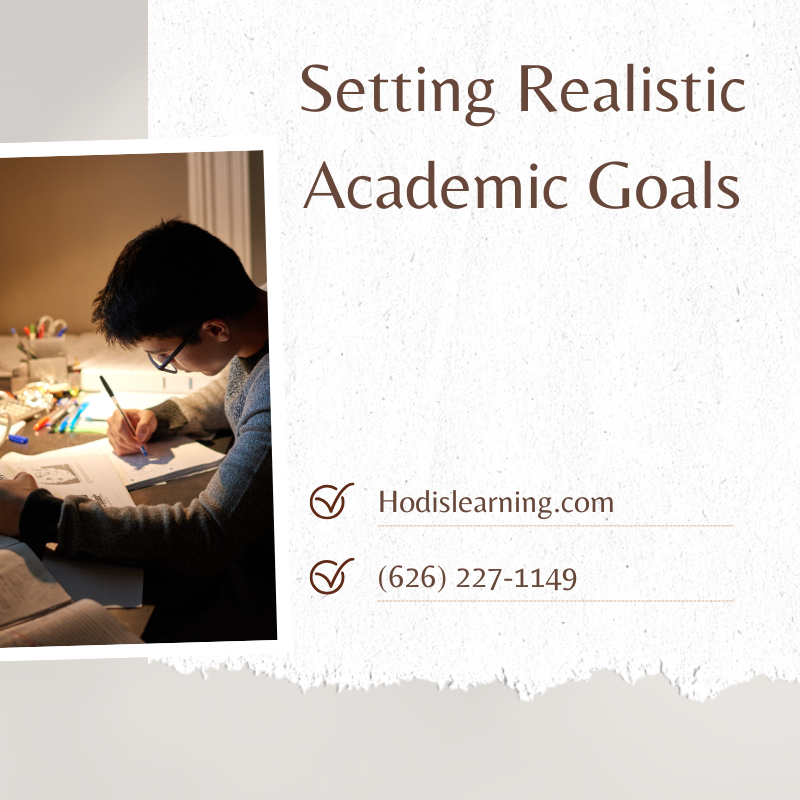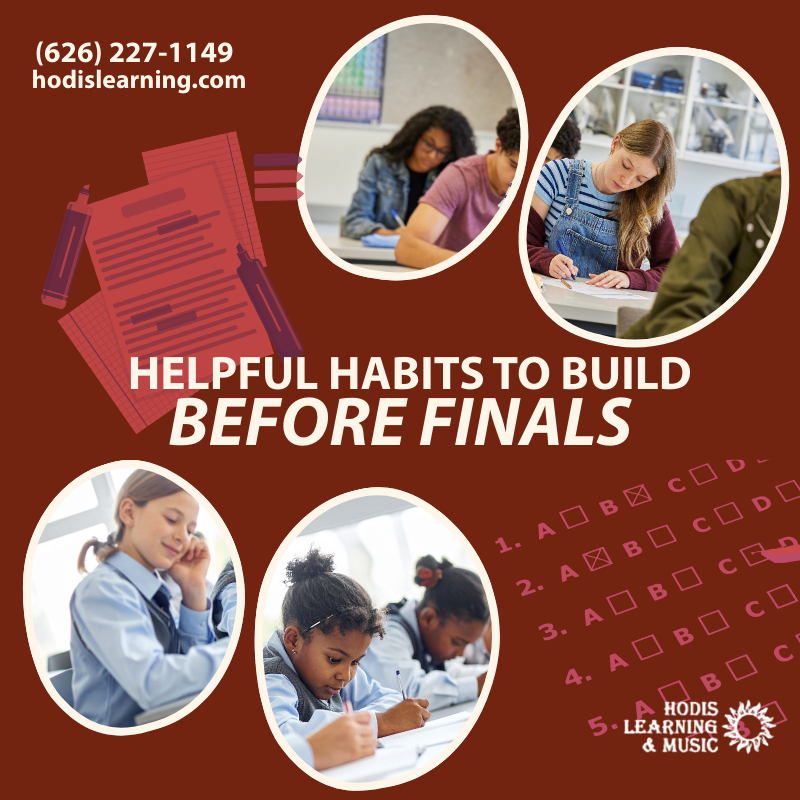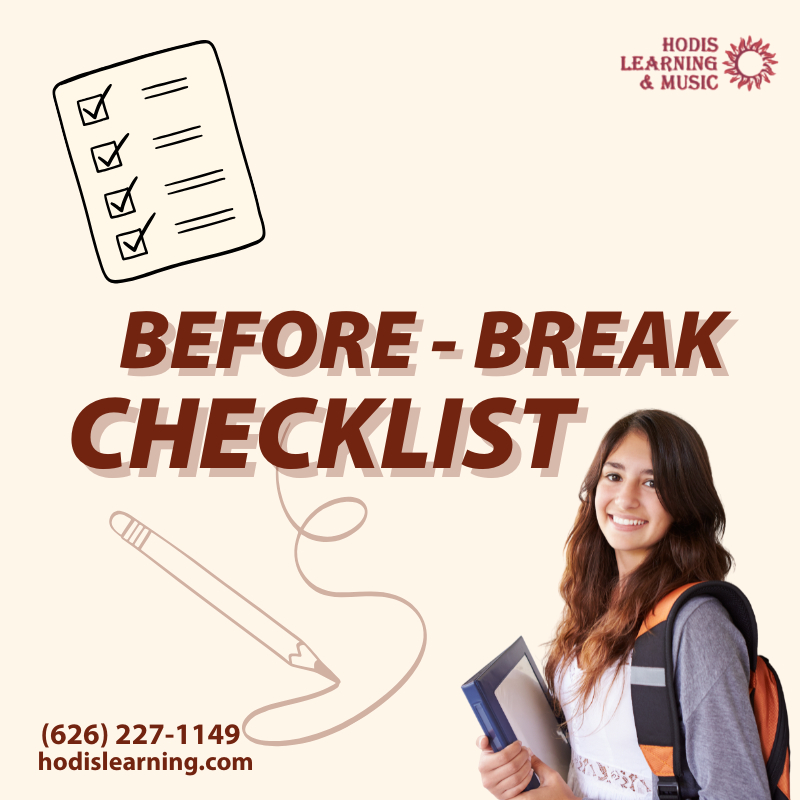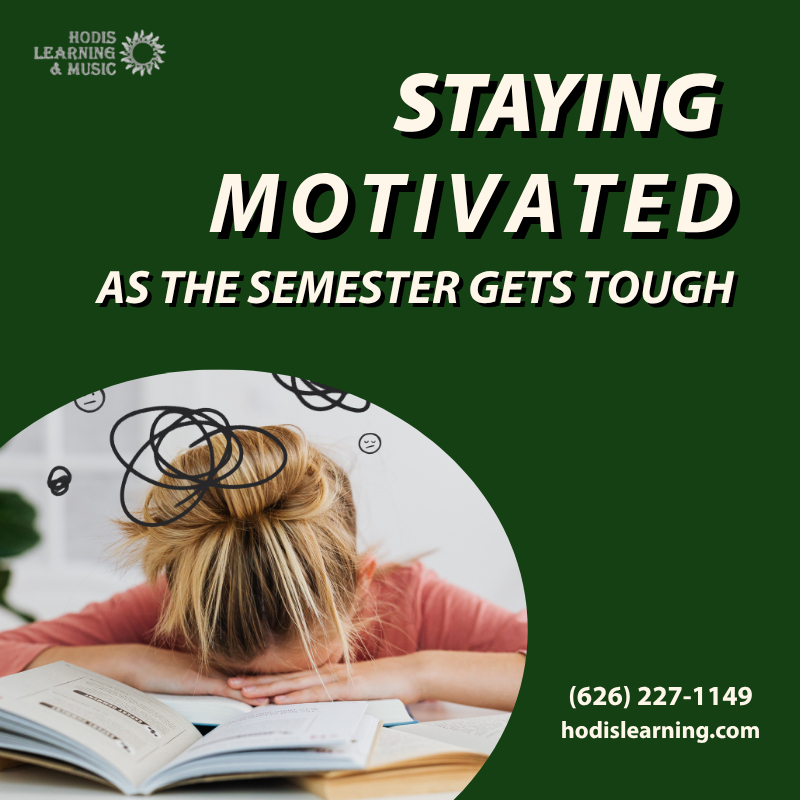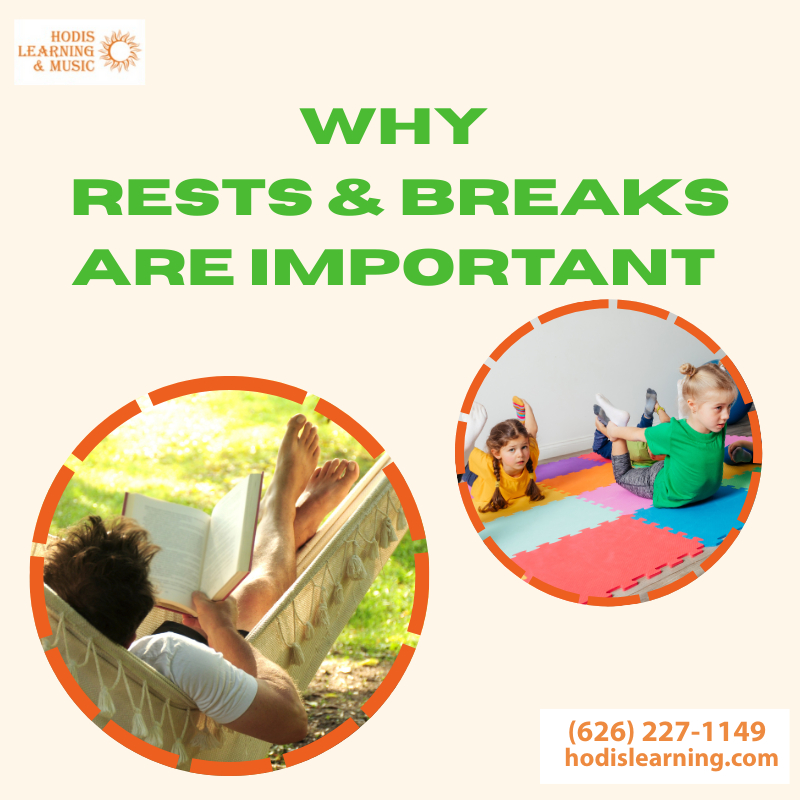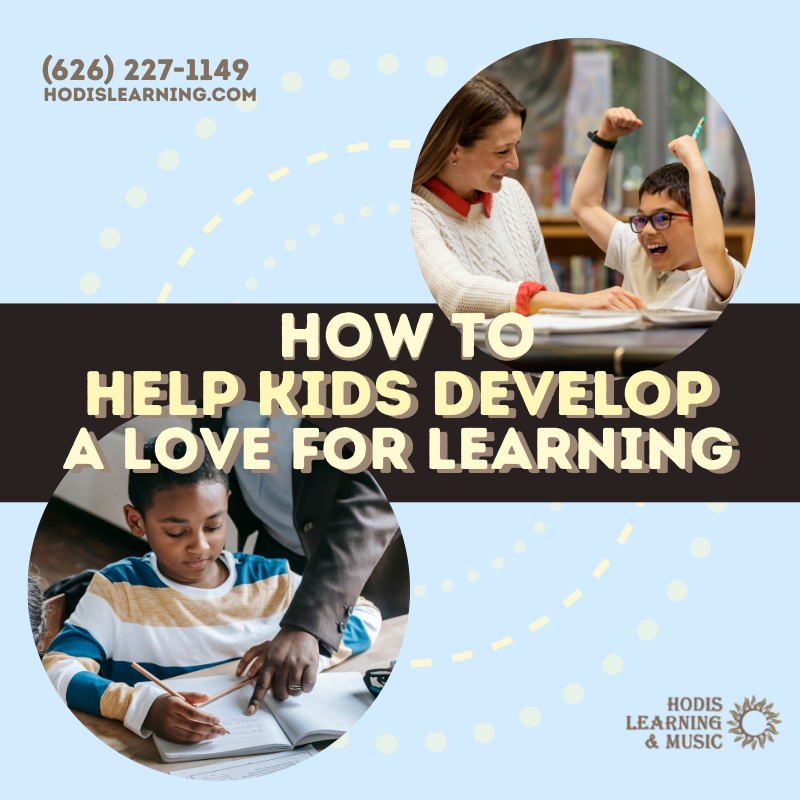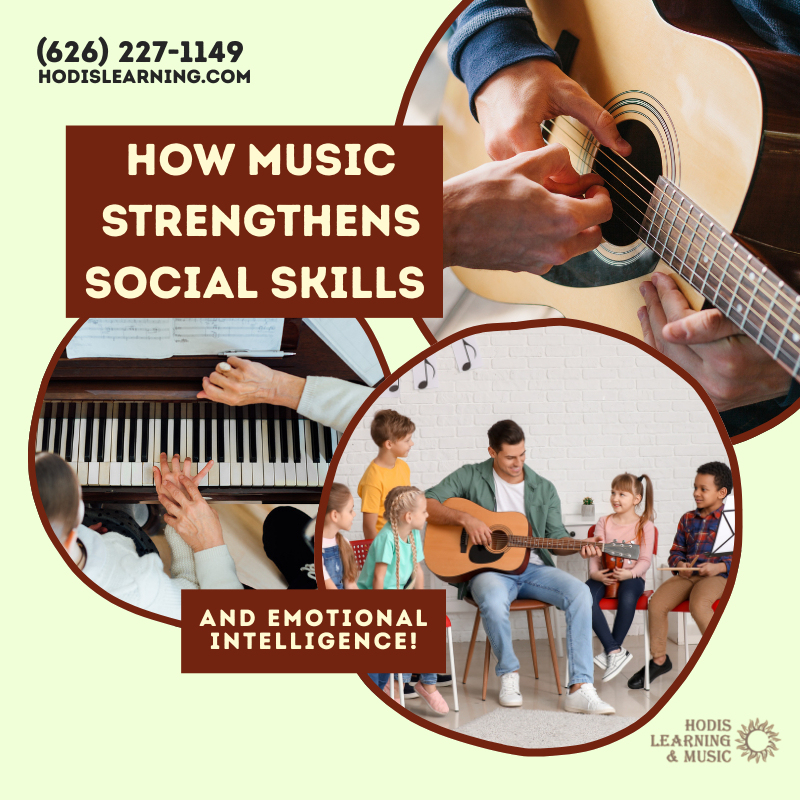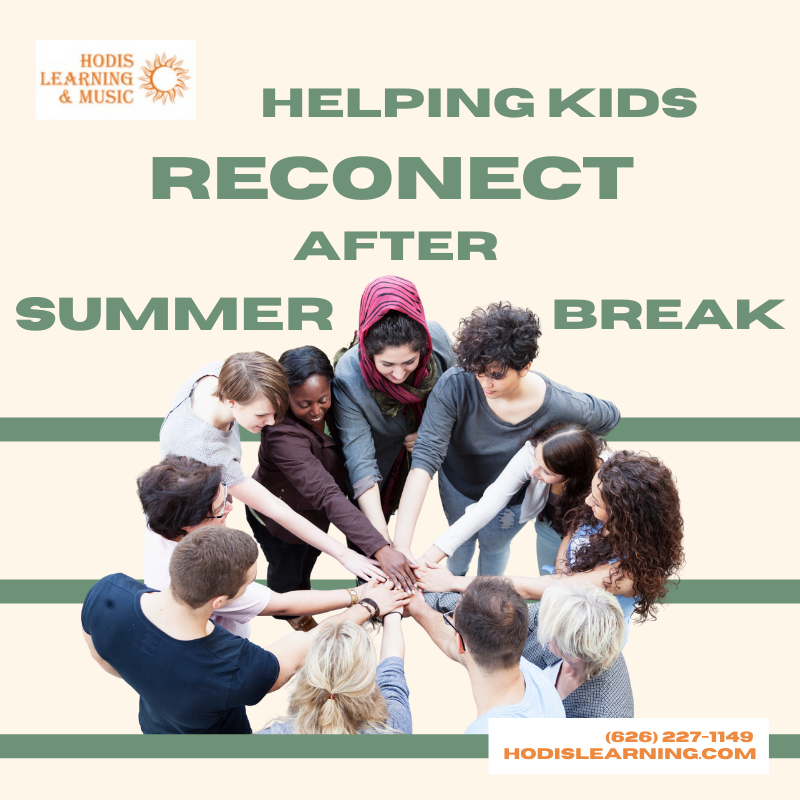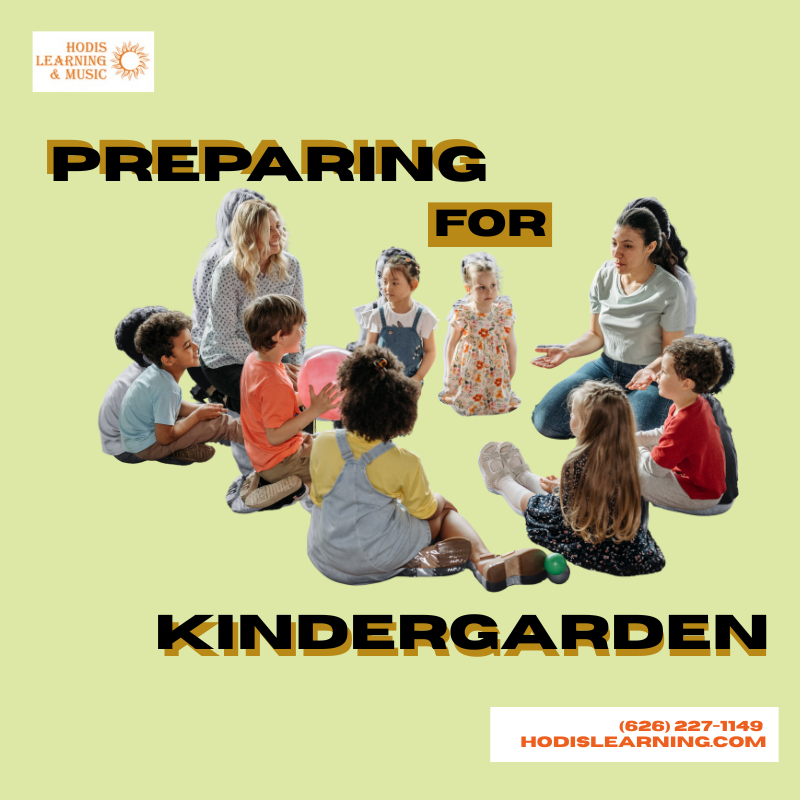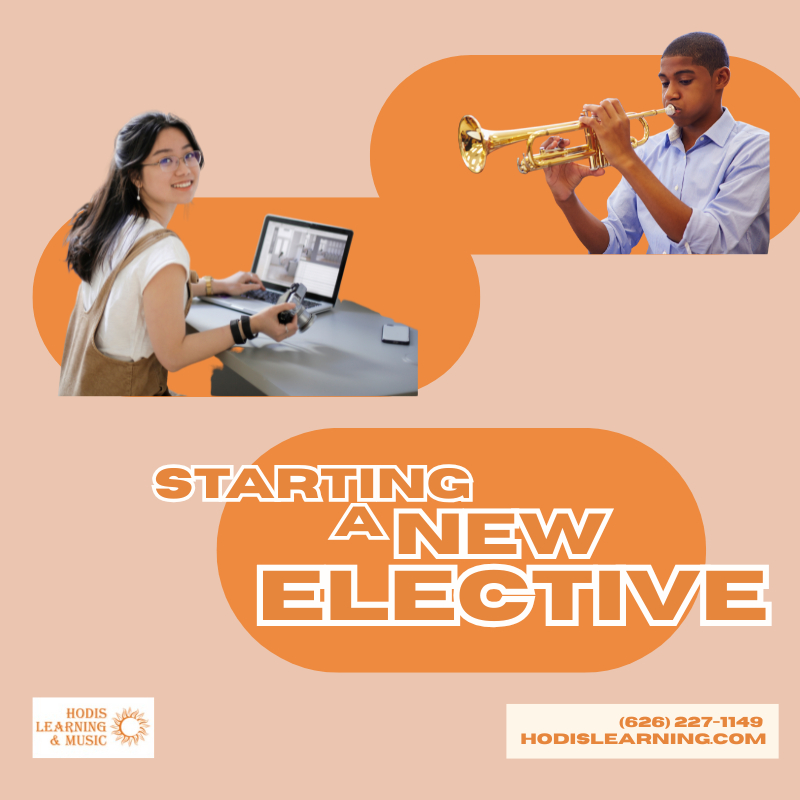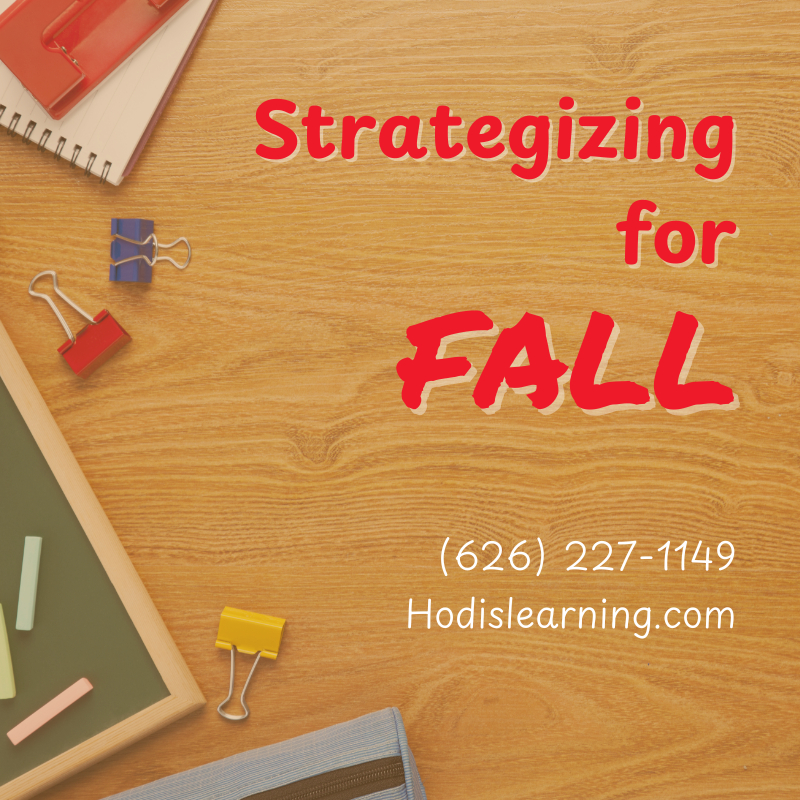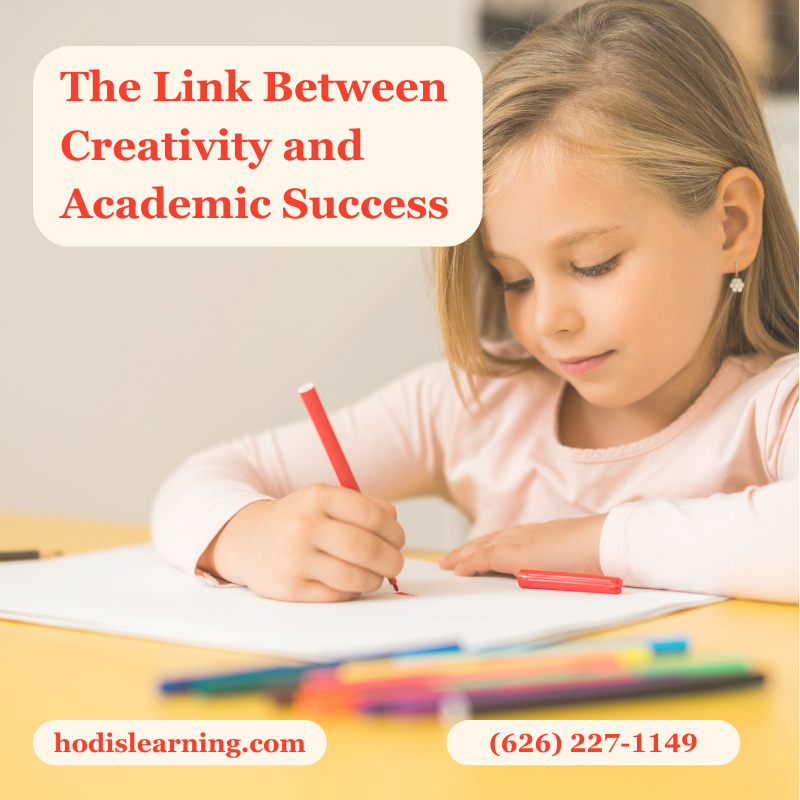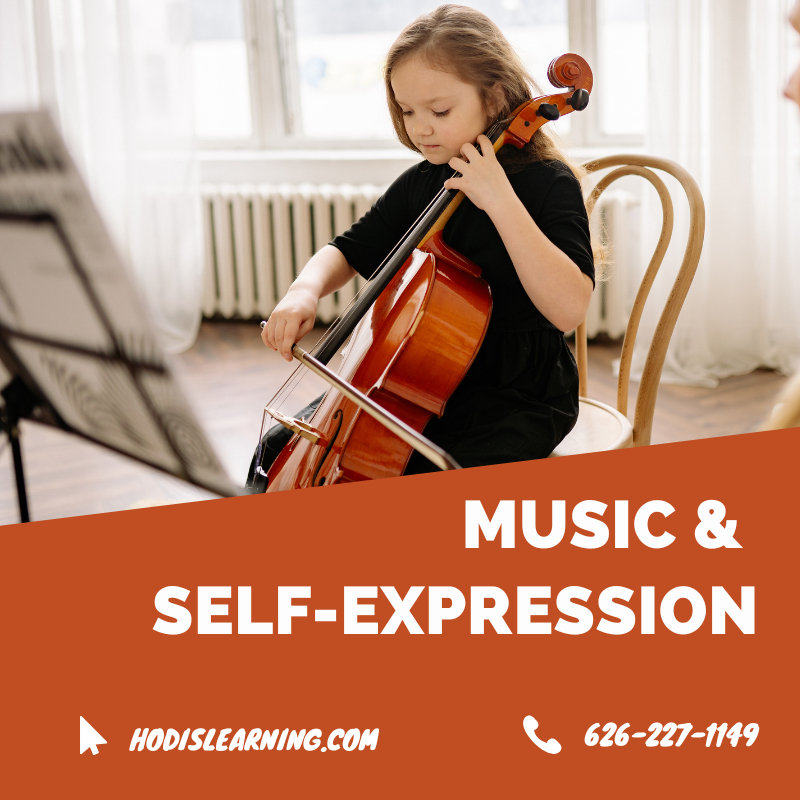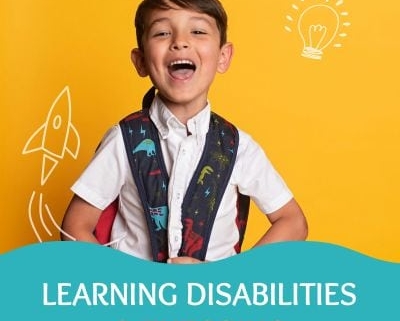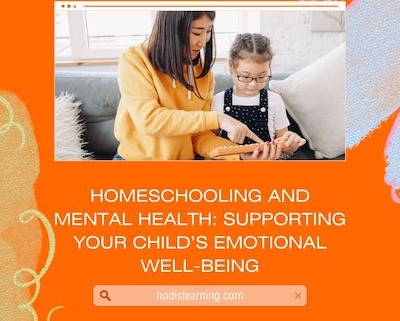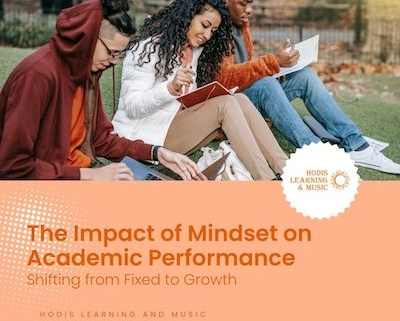Every child learns at their own pace, but sometimes it’s hard to tell the difference between normal academic challenges and signs that your child may be falling behind. In many cases, the signs are subtle and easy to overlook.
Here’s what to watch for if you’re concerned your child may be struggling academically.
1. Sudden Changes in Attitude Toward School
A shift in how your child feels about school is often one of the first warning signs. If a child who once enjoyed learning becomes anxious, frustrated, or resistant, it may be tied to academic difficulty. You might notice:
- Avoiding homework or putting it off until the last minute
- Complaints of stomachaches or headaches before school
- Negative self-talk like “I’m bad at this” or “I’ll never get it”
2. Difficulty Keeping Up With Homework
When children fall behind, homework can start to feel overwhelming. Assignments may take much longer than expected or require constant help. Look for:
- Confusion about instructions that seem age-appropriate
- Needing repeated explanations for the same concepts
- Missing assignments or frequently forgetting materials
3. Declining or Inconsistent Grades
Grades aren’t the only indicator of learning, but changes in performance can offer important clues. Pay attention if:
- Grades steadily decline over time
- Test scores don’t match classroom participation or effort
- Your child excels in some subjects but struggles significantly in others
4. Trouble With Foundational Skills
Academic struggles often stem from gaps in core areas like reading, writing, or math. Common signs include:
- Difficulty reading fluently or understanding what they’ve read
- Avoiding writing or producing very short, underdeveloped responses
- Trouble recalling math facts or following multi-step problems
5. Teacher Feedback That Signals Concern
Teachers have valuable insight from working with many students at the same grade level. If concerns come up in conferences or emails, they’re worth taking seriously. Take note if you see comments such as:
- “They’re not quite where they should be yet”
- “They’re having trouble keeping up with the pace”
- “Some extra support could really help”
These are often gentle indicators that your child may benefit from additional academic reinforcement.
6. Decreased Confidence or Fear of Making Mistakes
Children who are falling behind often internalize their struggles. A noticeable drop in confidence can be both a sign of academic difficulty and a barrier to improvement. It may look like:
- Reluctance to participate in class
- Giving up quickly when work feels challenging
- Comparing themselves negatively to peers
How Tutoring Can Help
Tutoring can be an effective way to support students who are struggling academically, especially when challenges are caught early. One-on-one tutoring allows instruction to be tailored to a child’s specific needs, learning style, and pace.
A tutor can identify gaps in understanding, reinforce foundational skills, and help students build strategies for tackling challenging material.
Just as importantly, tutoring provides a supportive environment where students can ask questions freely, make mistakes, and rebuild confidence without pressure.
Taking the Next Step
Early intervention can make a significant difference in both academic progress and self-esteem.
If you’re concerned your child may be falling behind, tutoring can provide the personalized support they need to get back on track.
Call us at (626) 227-1149 or submit a contact form today to learn more about our tutoring programs and how we can support your child’s academic growth.


